Scott Paul, president of the Alliance for American Manufacturing, recently interviewed Unionwear president Mitch Cahn on how having a unionized manufacturing facility in Newark, NJ gave him a strategic advantage for 30 years. Below is a quick summary of the podcast.
Getting started
Mitch got his start in 1992 when he started manufacturing hats to fashion brands as well as hemp-made hats – both of which were basically non-existent at the time. Once manufacturing largely went offshore by the mid-1990s, Unionwear started selling products mainly to unions. Then in 2000, the Al Gore for President campaign ordered hundreds of thousands of hats which revolutionized the company. The headcount peaked at 175 before the pandemic and now has around 160 people, making hats, bags and other items for the federal government as well as private companies selling made in America products.
Newark’s manufacturing history
Mitch went on to say that he is a proud fifth-generation Newark-area resident whose family-owned large businesses in the late-19th century in the area. Upon doing research, he learned that there were hundreds of manufacturers in Newark, and he led the charge in highlighting the role that manufacturing continues to play in the city. Given Newark’s location near one of the largest ports in the US and direct access to New York City, Unionwear probably could not operate as it does today if it moved to a lower-cost, more rural area of the country.
Surviving the Great Resignation
One of the biggest advantages Unionwear has been that they haven’t had to bid-up wages to retain staff during the current talent crunch. They were already paying good wages and benefits, so they did not need to raise prices to compensate. And, they have worked closely with the union literally from the very beginning. Thanks to their close partnership, the union has provided referrals to other unions, contract opportunities, and much more. In certain circumstances, it is actually cheaper to buy union-made American goods compared to China, especially when it comes to custom, small-batch orders.
Now, Unionwear is investing heavily in business process automation to reduce the need for more labor during this labor shortage, which will make Unionwear a much more competitive and efficient manufacturer if, and when, the supply chains return to normal. This automation will likely not result in job losses. In fact, as the automation takes hold, Unionwear will likely repurpose current staff into different positions. For example, instead of spending years training someone to get to the top of their sewing ability, Unionwear will be investing in machines to automate those processes and, again, move those employees into more interesting positions in the company.
Even with the labor shortage, Unionwear is well-positioned to bring in top talent. As a union shop, Unionwear offers 20 days of paid time off (PTO), good health benefits, and of course highly competitive wages. Unionwear also has very low turnover – that’s because the longer someone stays, the more benefits they will receive, including an increase in wages over time.
Pivoting during the pandemic
When the pandemic hit, nearly all of Unionwear’s work stopped, and ended up nearly going out of business. After speaking with the head of the union, the team quickly pivoted to making PPE – face shields and washable gowns – for front-line healthcare workers who were coming to work wrapped in trash bags. Since we had most of the raw materials available and were located right in the shadow of New York City, Unionwear was making and distributing PPE to frontline healthcare workers fairly quickly. One important lesson: our team can make just about any item, quickly. It gave our team a lot of confidence to take risks which will help operate more efficiently.
Advice for future manufacturers
When asked if he has any advice on starting a business, Mitch said they should read “The Lean Startup” first. Then, he recommends they plan to lose money at first and find a subcontractor to manufacture at first, then simultaneously build their manufacturing, peeling some manufacturing away to their own facility bit-by-bit, so you can grow without the pain of paying payroll. He would also recommend connecting with their local Manufacturing Extension Program (MEP.) It helps to not figure things out on their own.
Finally, it is exciting for Mitch to see how people frequently wear Unionwear’s hats. In fact, nearly every Democratic and Republican presidential convention is filled with people wearing Unionwear hats. It is very gratifying to know we are making a real impact while providing good-paying jobs here in New Jersey.
Listen to the full podcast here.
Note: an earlier version of this post incorrectly said the president of the Alliance for American Manufacturing’s name was Scott Hall. The correct name is Scott Paul, and the post has been changed to reflect this. We regret the error.

 Dad Caps
Dad Caps
 Five Panel Hats
Five Panel Hats
 Mesh Back Hats
Mesh Back Hats
 In Stock Blanks
In Stock Blanks
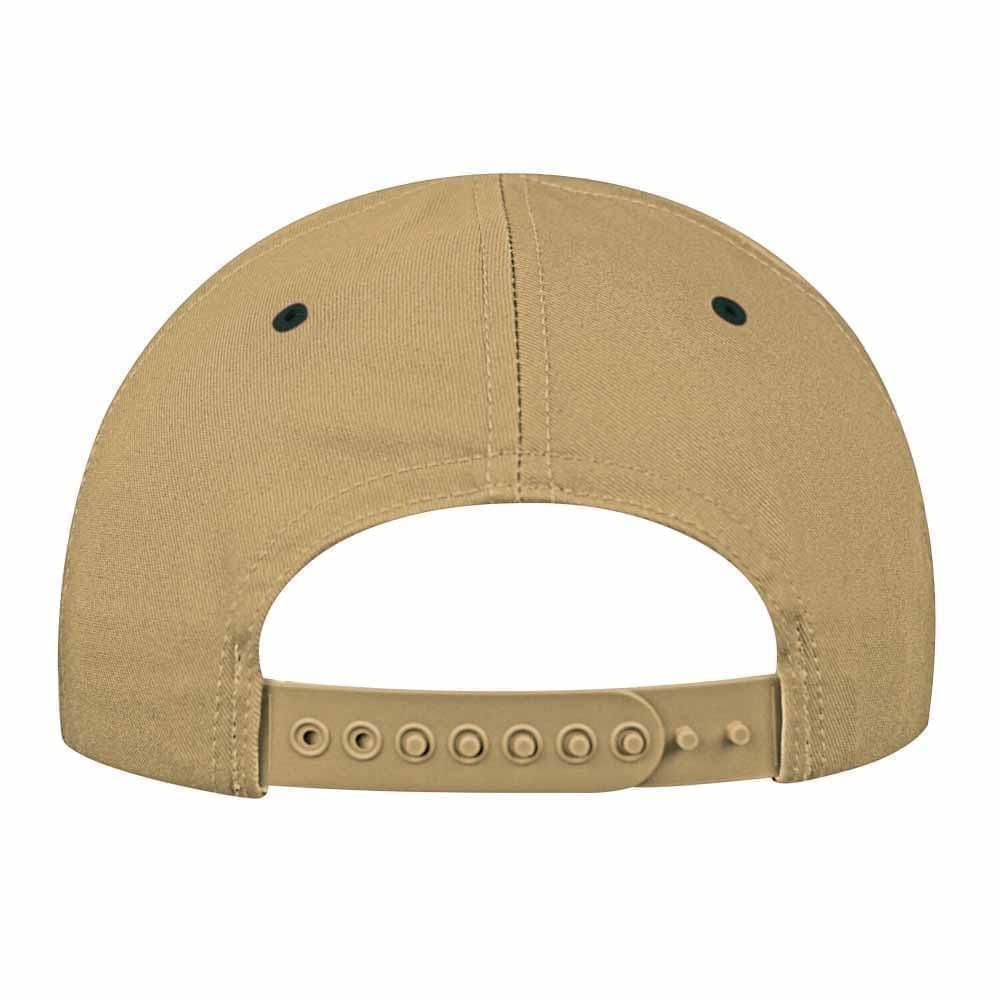 Snapback Hats
Snapback Hats
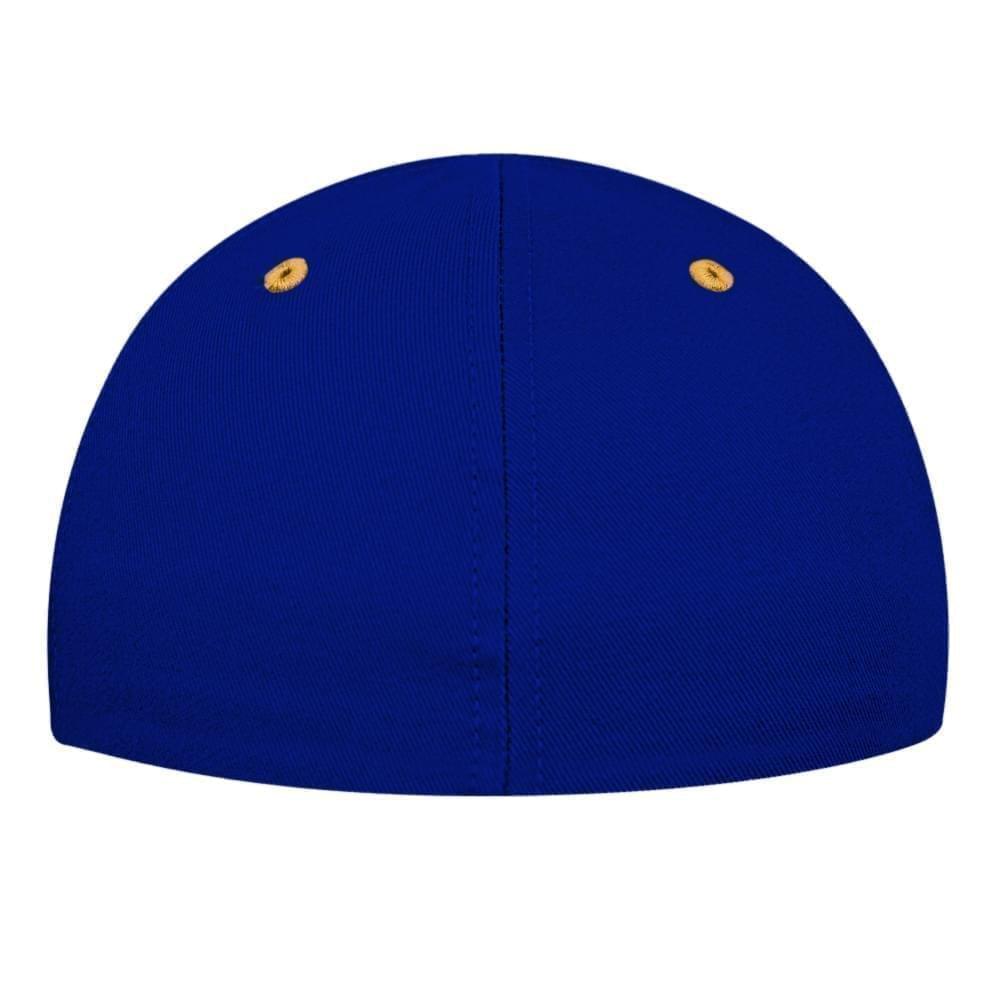 Stretchfit Hats
Stretchfit Hats
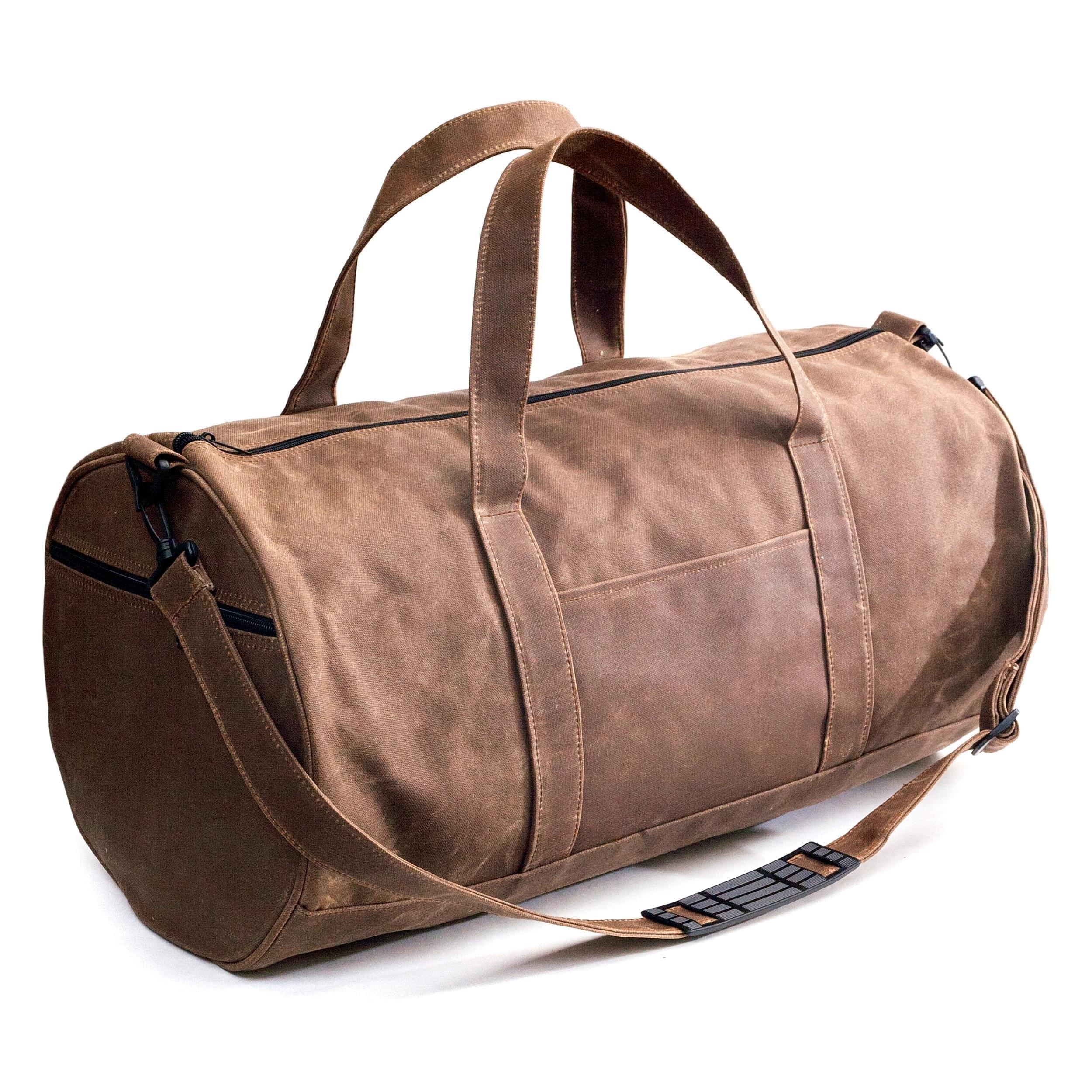 Duffel Bags
Duffel Bags
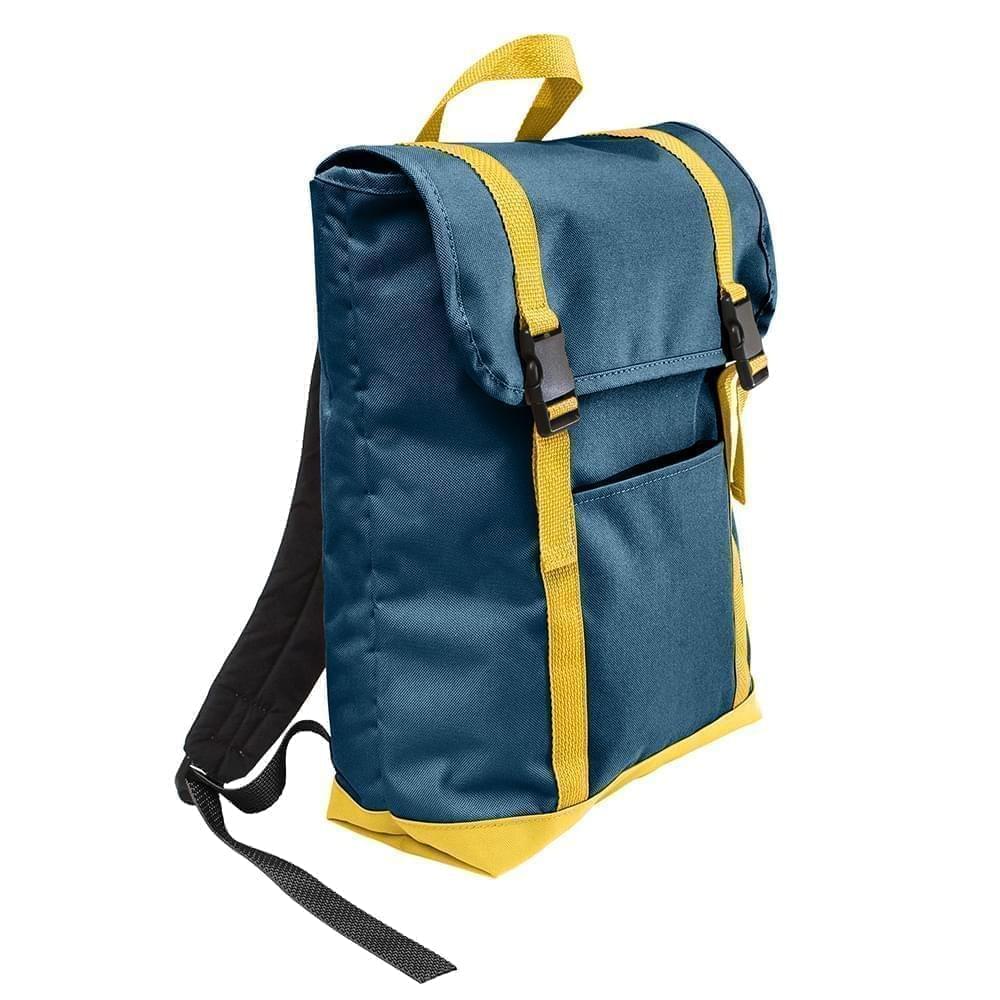 Backpacks
Backpacks
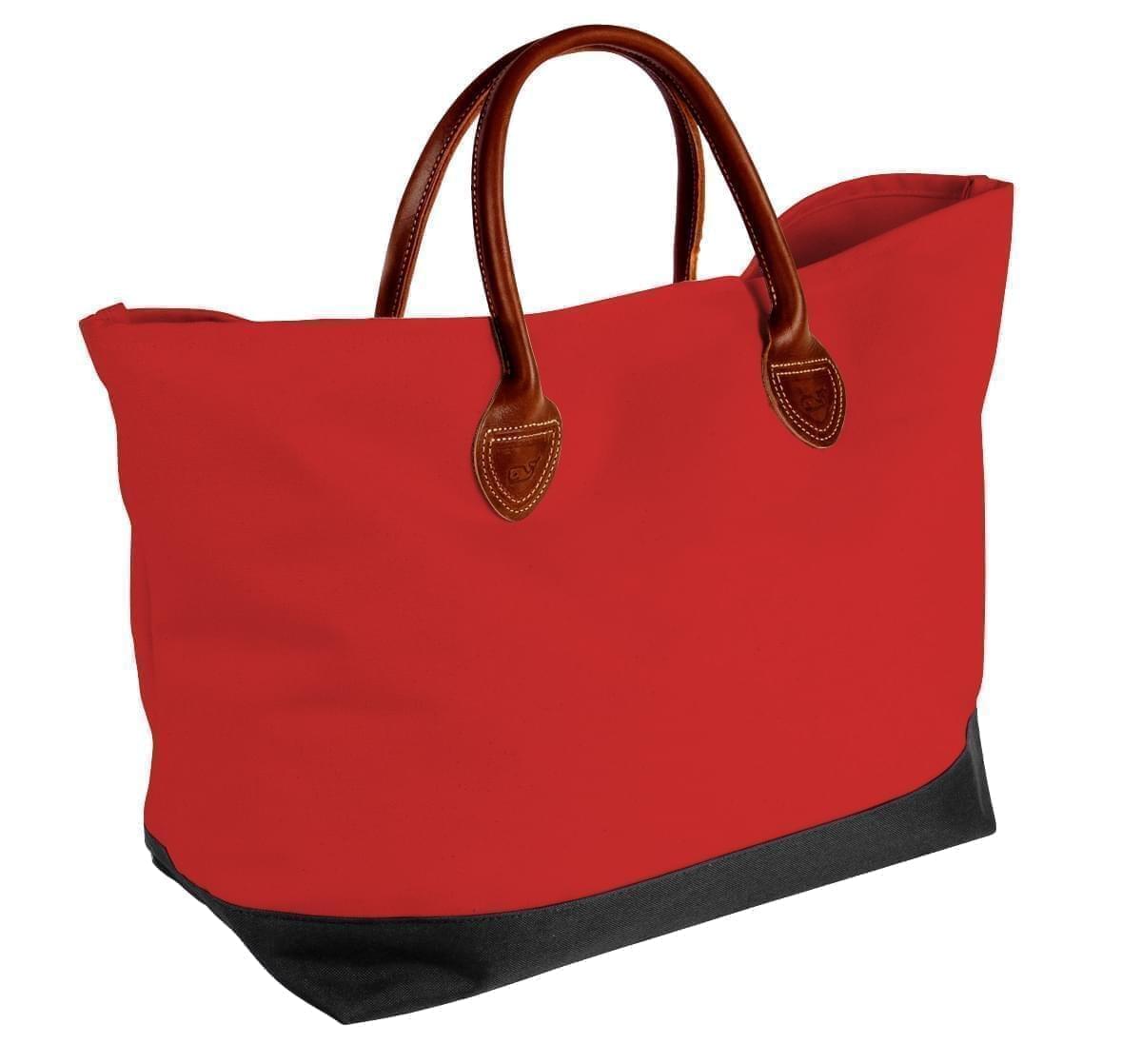 Tote Bags
Tote Bags
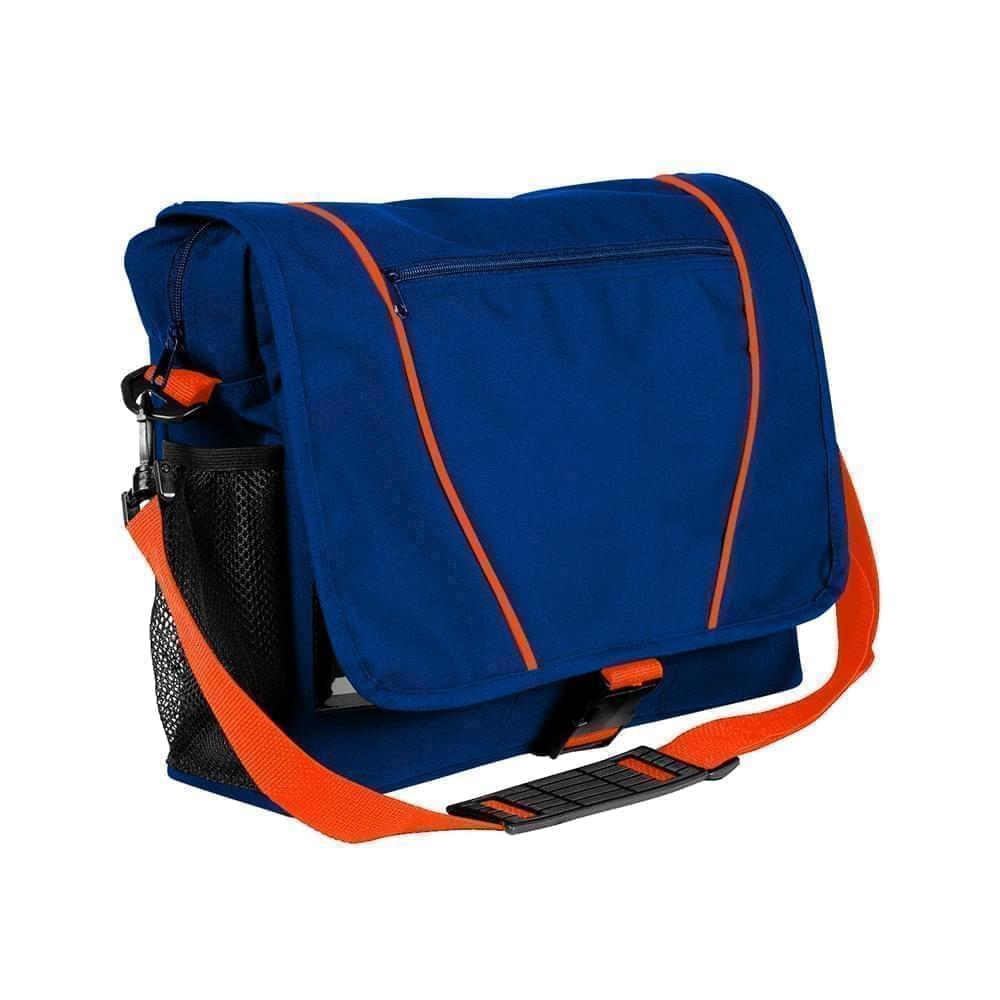 Computer Bags
Computer Bags
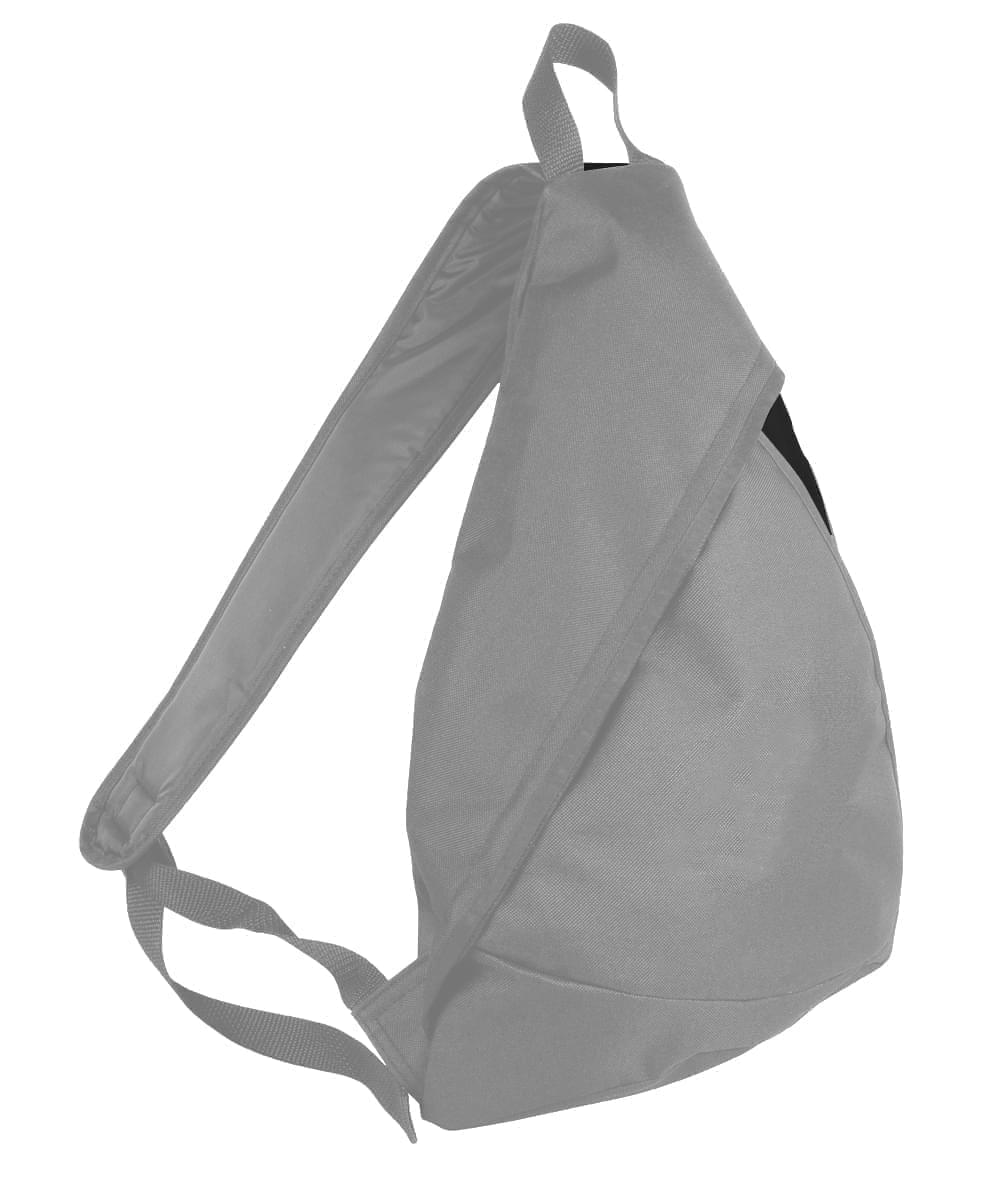 Sling Messenger Bags
Sling Messenger Bags
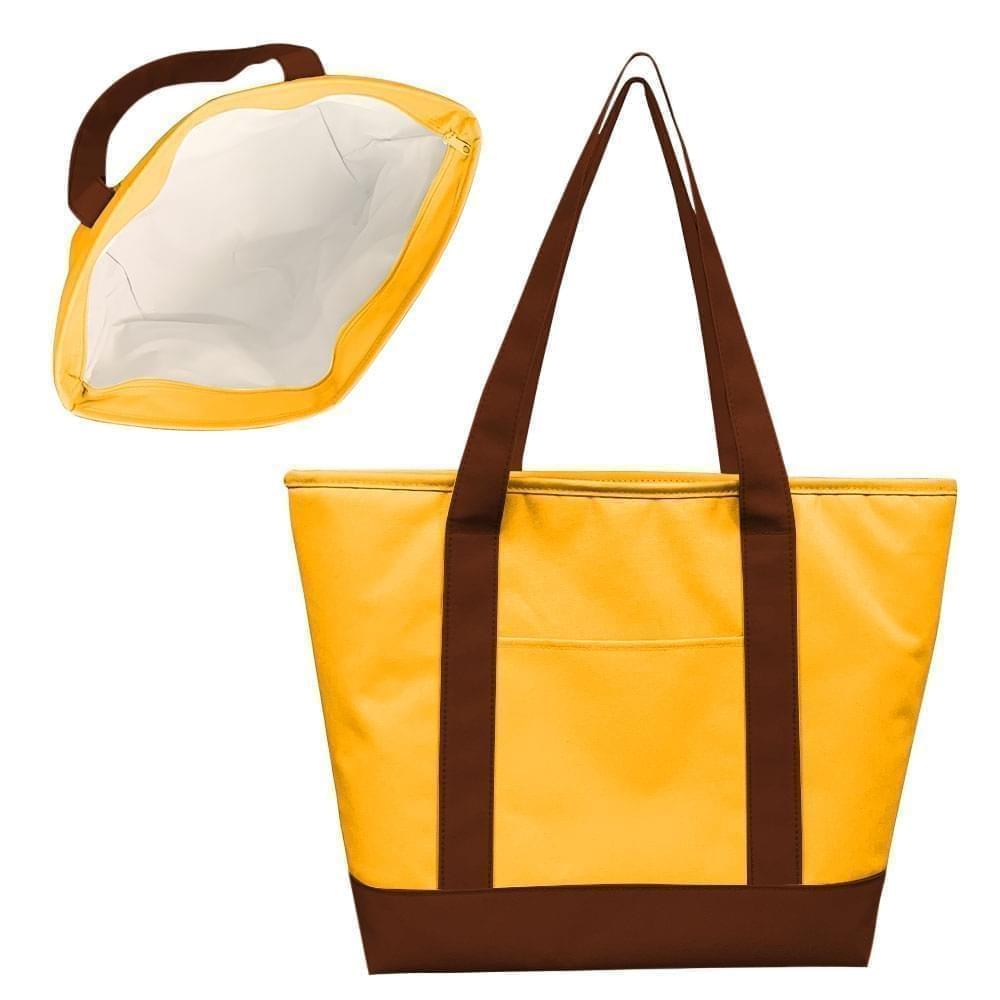 Cooler Bags
Cooler Bags
 Cuff Hats
Cuff Hats
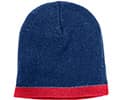 Beanies
Beanies
 Scarves
Scarves
 Zipper Folders
Zipper Folders
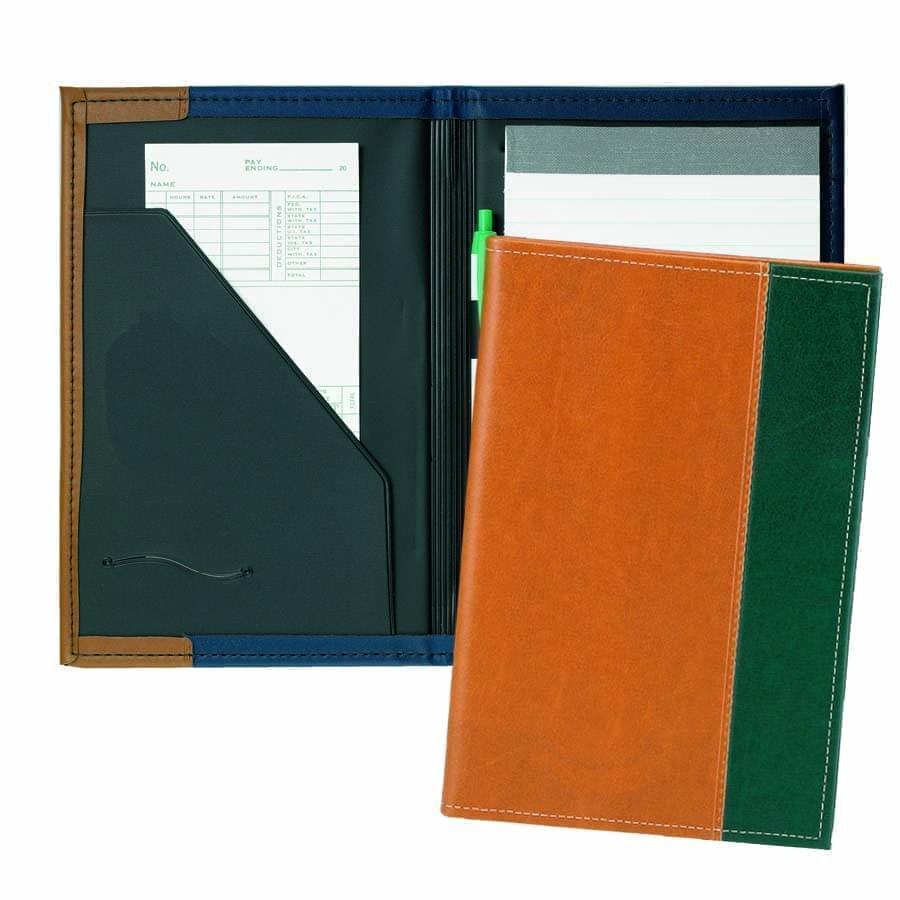 Stitched Folders
Stitched Folders
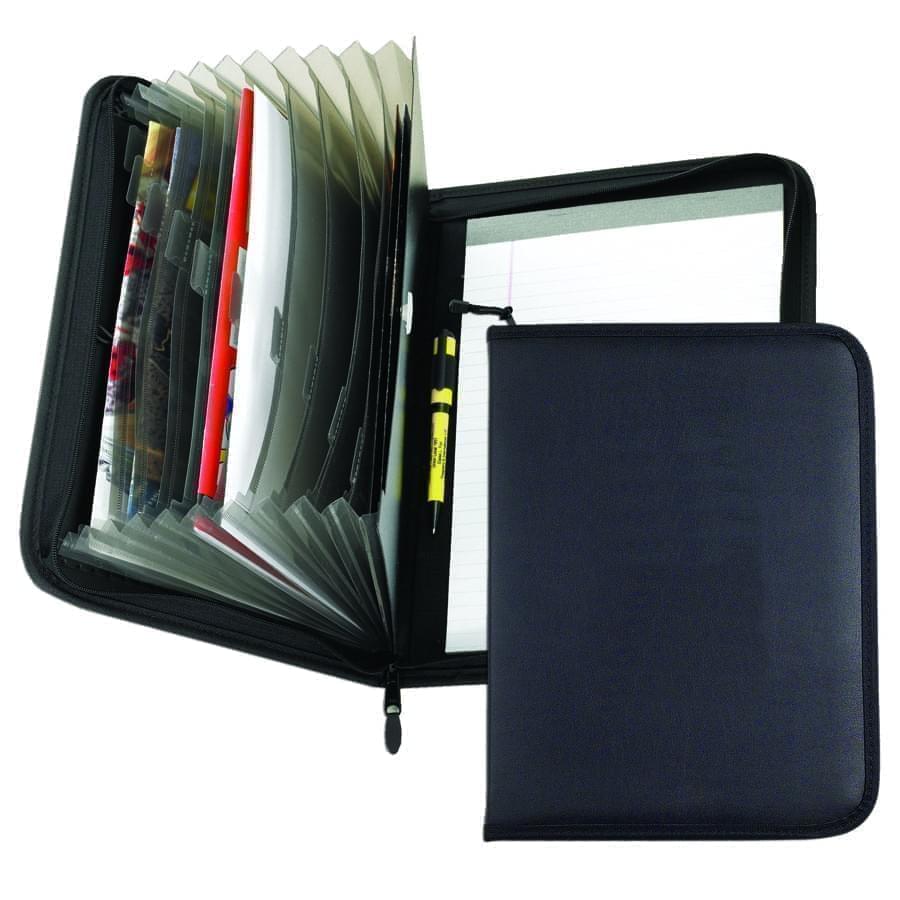 Accordion Folders
Accordion Folders
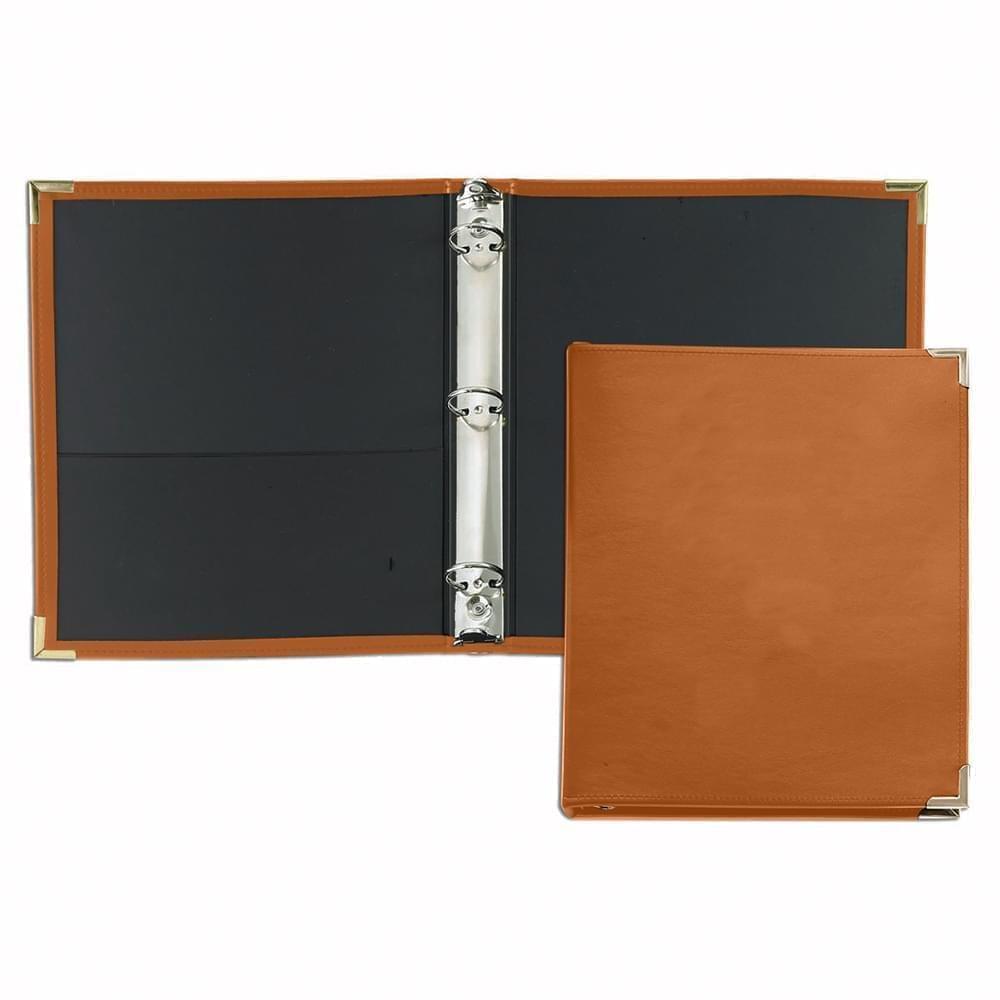 Ring Binders
Ring Binders
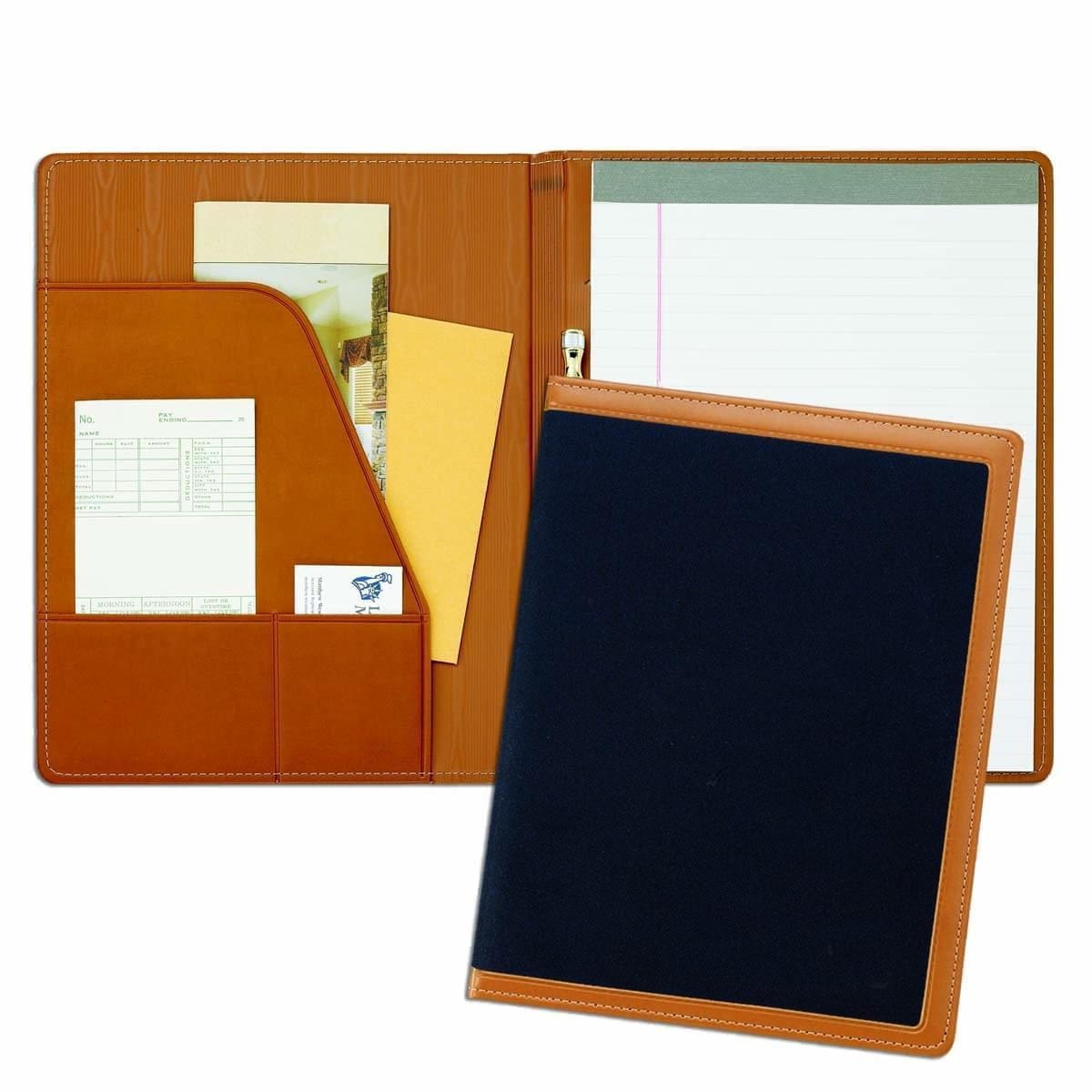 Letter Folders
Letter Folders
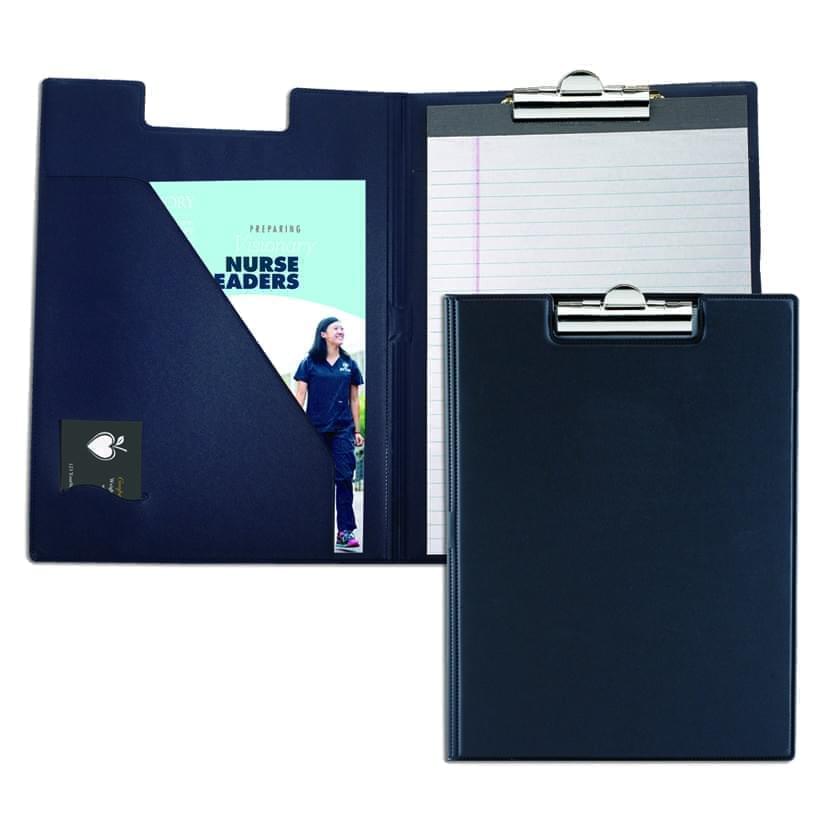 Clipboards
Clipboards

 Union Made In USA
Union Made In USA






